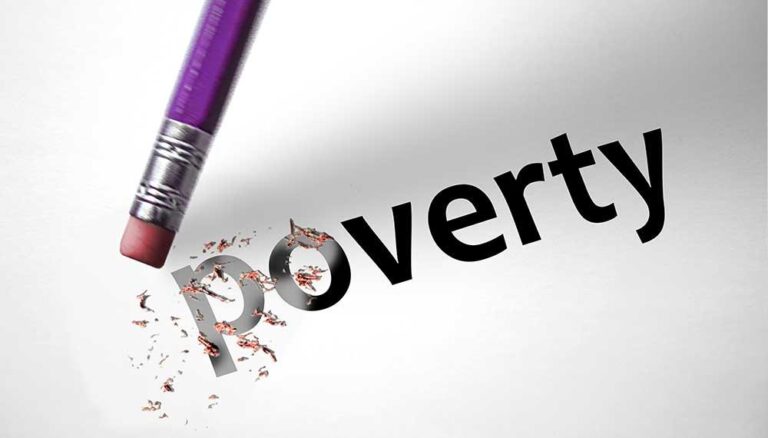Poverty Reduction in Sri Lanka
In recent years, Sri Lanka has made significant strides towards reducing poverty and improving the quality of life for its citizens. This journey has been marked by various challenges and opportunities that have shaped its development policies.
Historical Context of Poverty in Sri Lanka
The history of poverty in Sri Lanka is rooted in various socio-economic factors. Historically, the country has faced challenges such as civil conflict and economic instability. These elements have significantly impacted national growth and the distribution of wealth among its population.
Government Initiatives for Poverty Alleviation
The Sri Lankan government has implemented numerous programs aimed at uplifting the marginalized population. One such initiative is the Samurdhi Program, which provides financial assistance and promotes self-employment. These efforts are pivotal in ensuring that the most vulnerable receive the support they need.
Role of Non-Governmental Organizations (NGOs)
NGOs have played a vital role in the fight against poverty in Sri Lanka. Organizations like the Borgen Project have contributed to raising awareness and mobilizing resources. Through strategic collaborations, these NGOs amplify the impact of poverty reduction programs in the country.
Community-Based Approaches
Community involvement is crucial in addressing the unique needs of different populations. Capacity-building initiatives often focus on empowering local leaders and organizations. This grassroots approach ensures that the development programs are culturally relevant and effectively tailored to local conditions.
Looking Ahead: Challenges and Opportunities
Despite notable progress, Sri Lanka still faces several hurdles in its pursuit of poverty reduction. Economic fluctuations, climate change, and political instability pose ongoing challenges. However, with continued commitment and strategic planning, these challenges can transform into opportunities for sustainable growth.
Conclusion
poverty reduction in Sri Lanka requires a multifaceted approach involving partnerships between the government, NGOs, and local communities. Investing in education, healthcare, and economic development is key to breaking the cycle of poverty. For further insights on this subject, you can read more regarding poverty reduction initiatives in Sri Lanka.

